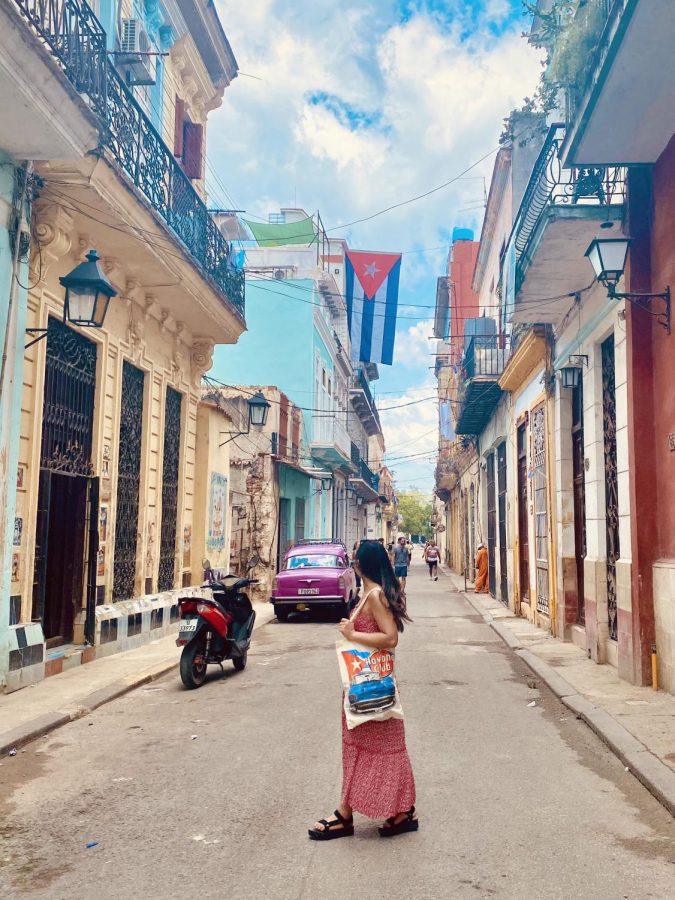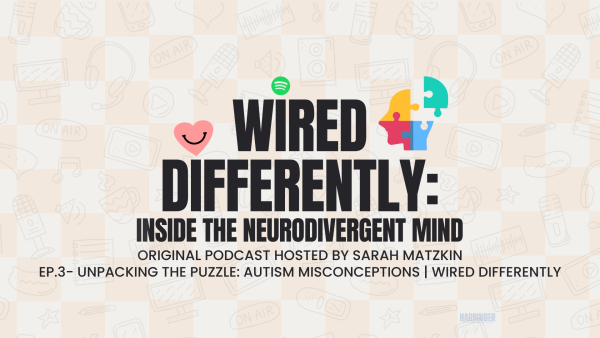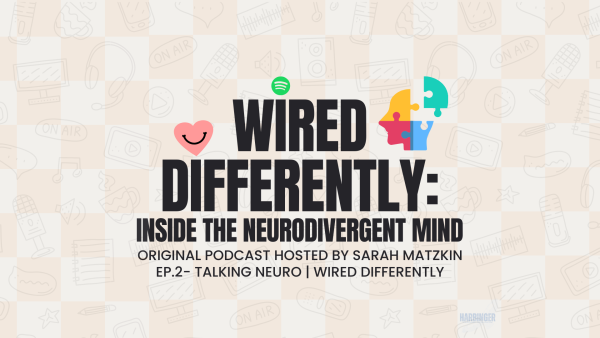Tourist vs. traveler: Lessons from my study abroad trip to Cuba
Traveling is the ultimate form of experiencing life — beautiful new environments, life-changing connections, and experiences that will live forever in memory — but the freedom to explore another’s home is a privilege to be met with equal responsibility.
During my study abroad trip to Cuba this spring, I realized that revitalizing tourism is vital for a more sustainable future for travel — one solution may lie in the differences between a tourist and a traveler.
The simplest way to differentiate between a tourist and a traveler can be observed through the type of engagement. While a tourist’s engagements are surface level and stay within one’s comfort zone, a traveler’s engagements are deeper and embrace discomfort.
During the eight days that my class spent in Cuba, we engaged in both ways.
In Havana, we stayed in a beautiful four-star hotel in the city center, dined in restaurants located directly in the tourist area, and explored the main attractions — all tourist-style engagements.
However, I increased the depth of my engagements by talking with the hotel staff about their lives in Cuba, buying food from street vendors and venturing off to discover the non-tourist parts of Havana.
The engagements I had as a traveler, rather than a tourist, offered greater insight into the people and culture of Cuba.
Interacting with the local people was my favorite part of the trip because everyone was incredibly friendly and willing to engage with me — despite my broken Spanish.
For example, I had an insightful conversation with an employee in a tourist shop about the impact of the pandemic.
It was very difficult on everyone, a Havana store owner told me in Spanish. The government completely shut down all private businesses for two years.
Si no vendo, no puedo comer: If I don’t sell, I cannot eat.
A lack of tourism harms any economy — but especially for Cuba since their economy is heavily dependent upon it. Tourism revenues replaced sugar as the country’s principal source of foreign revenue in 1995 and also employs over half a million Cubans.
Due to Cuba’s communist-controlled economic system, the income from tourists often provides cash flow for Cubans that cannot be obtained in any other way.
The fragility of a destination such as Cuba means it is critical to support local businesses. Spending money in a business owned and run by the local people ensures that your money stays within the destination and is not taken away by large, international corporations in a foreign country.
A tourist spends money at chains and tourist shops; a traveler actively seeks out businesses run by locals to support.
In the city of Viñales, our group engaged more like travelers.
For our accommodations, we stayed at casas particulares, which are locally-run homestays. We enjoyed traditional, home-cooked meals from our host and had the opportunity to ask for recommendations.
Our experiences were more organic this way, as they taught us more about local Cubans’ lives and simultaneously empowered them financially.
We also went on educational tours such as a visit to a local tobacco farm where we purchased a delicious lunch of typical Cuban dishes. Our tour guides later informed us that our money helped the family finance a new roof for their farm shed, which the last hurricane that hit the island destroyed.
A tourist does not care to interact with the local people; a traveler prioritizes it.
Our itinerary in Viñales was physically demanding and often extremely uncomfortable.
During one of the days, we woke up at the crack of dawn to hike up a mountain, then spent the rest of the day walking under the blazing midday sun instead of renting a car.
Yet we were reminded that this is the reality of many Cubans’ daily lives. The discomfort we experienced was humbling, as it made us appreciate the comparative comfort in our lives in the United States.
A tourist stays in comfort and splurges on convenience; a traveler ventures outside their comfort zone and chases growth.
Ultimately, the difference between a tourist and a traveler is that a tourist takes a vacation while a traveler takes a journey. There is room for both — but traveling as opposed to vacationing forces one to go beyond the highlight reels of a destination and make a conscious effort to peek behind the scenes.
Through the experience of getting to know all aspects of a destination, one can truly develop meaningful connections as a traveler.
At the end of the day, what we remember most is not the places we visited, but the connections we made and the new perspectives we discovered.







